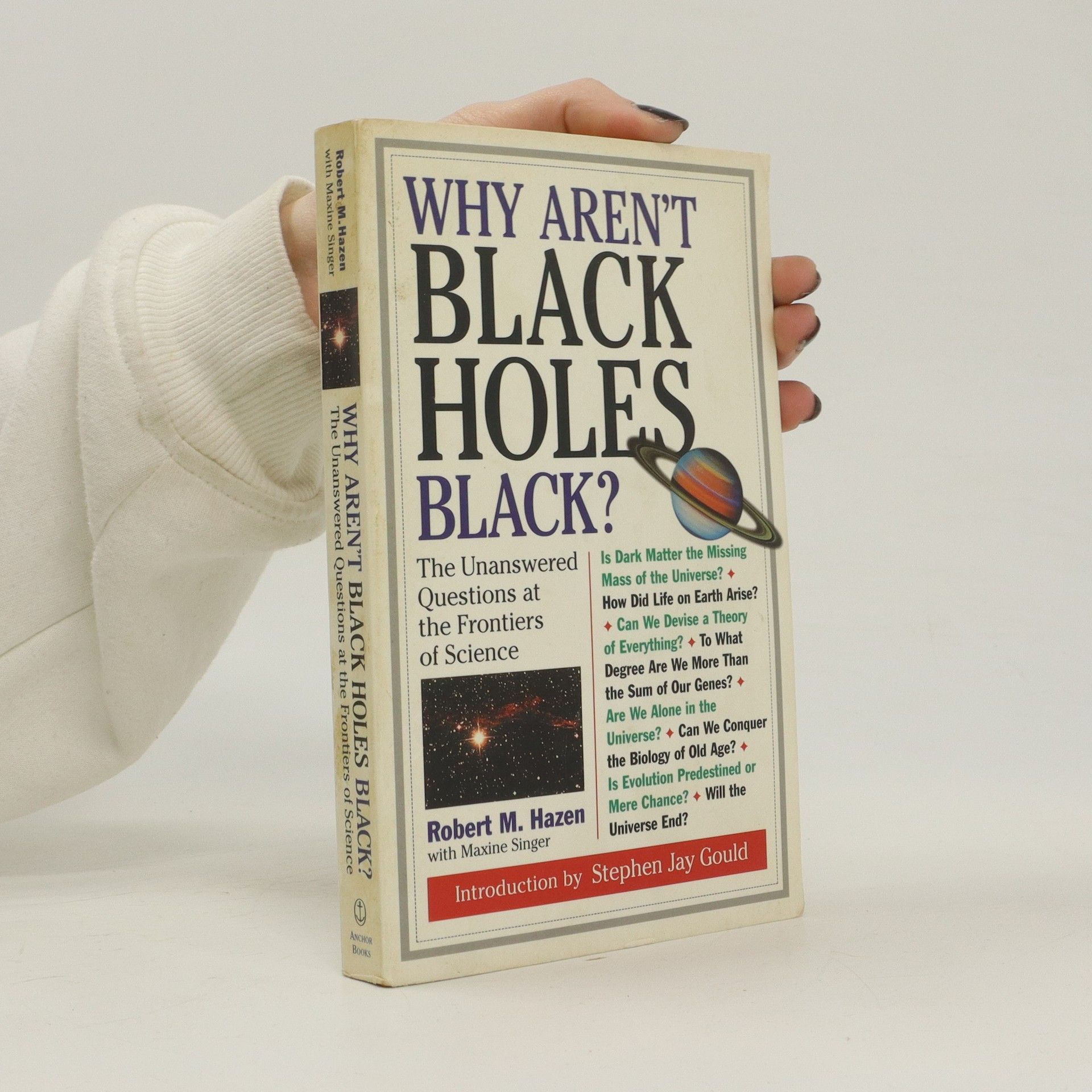The proliferation of scientific breakthroughs during the twentieth century, and the media attention they have generated, have left most people with the impression that the great questions of science have been answered. The general perception is that the fundamental forces of the universe are known and understood, that the building blocks of life have been discovered, and that, in effect, we have reached "the end of science." In Why Aren't Black Holes Black?, renowned
Maxine Singer Livres
Maxine Singer fut une biologiste moléculaire pionnière, une administratrice scientifique influente et une chef de file en matière de politique et de plaidoyer scientifique. Elle a défendu l'accès équitable à la formation postuniversitaire et aux opportunités de carrière, en particulier pour les femmes et les minorités dans le domaine scientifique, et a soutenu des programmes novateurs visant à améliorer l'enseignement des sciences dans les écoles publiques. Elle a exhorté les scientifiques à exercer leurs responsabilités éthiques et politiques dans la société, en apportant des perspectives scientifiques sur des questions telles que le génie génétique et la sécurité des organismes génétiquement modifiés, l'évolution et les origines de la vie, l'exploration spatiale et la liberté de la recherche intellectuelle.


Genes & Genomes
- 954pages
- 34 heures de lecture
Presents a review of the status of molecular genetics in the early 1970s, and then examines in Part II , the logic, concepts and general practices associated with gene cloning and the characterisation and manipulation of DNA. In Part III the results of the experimental paradigm are explored.